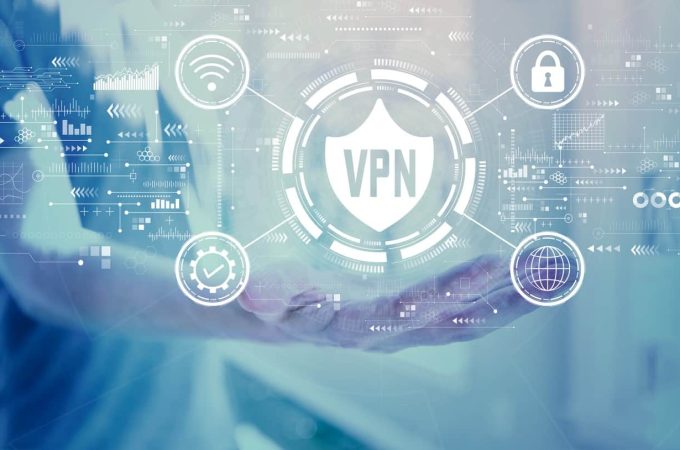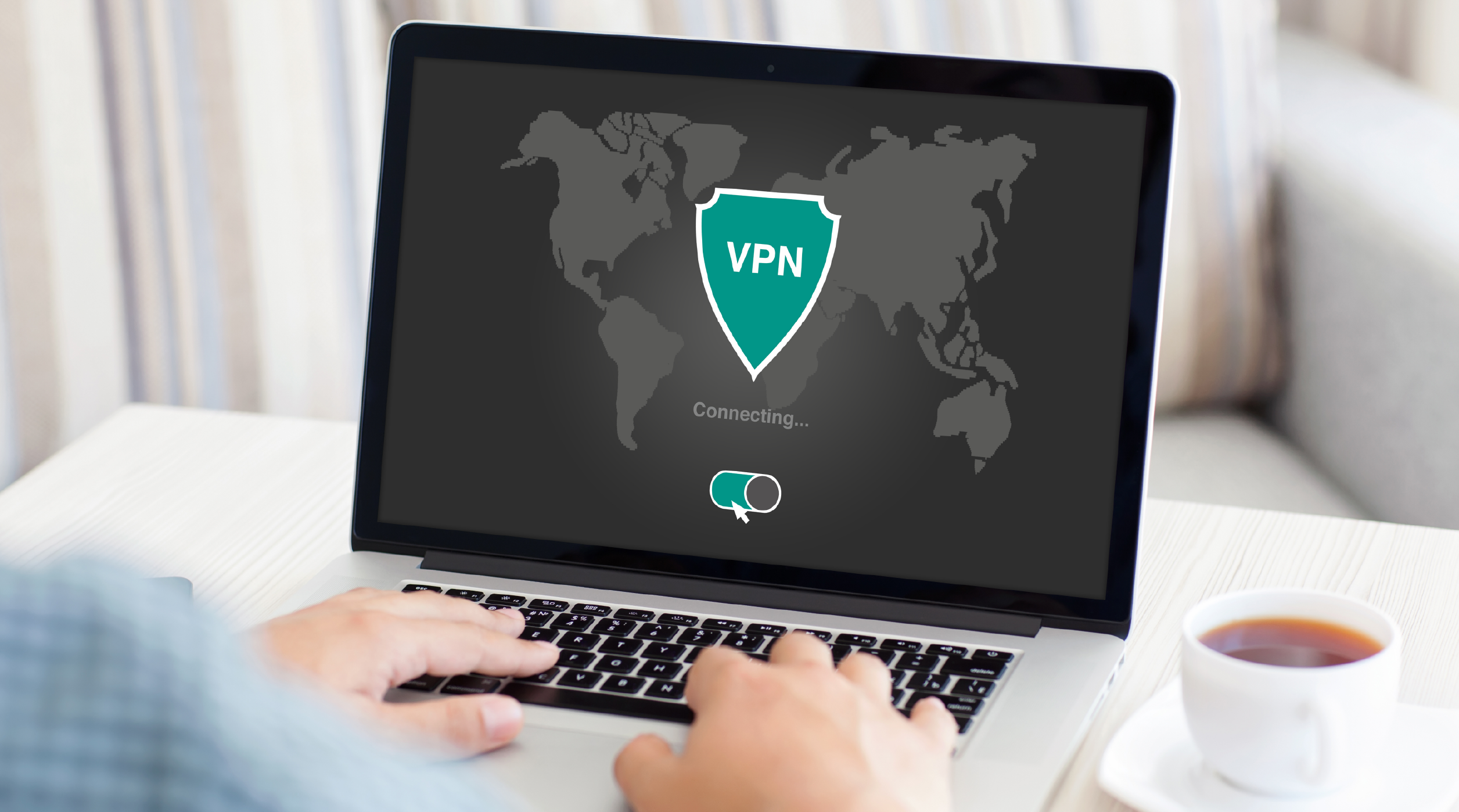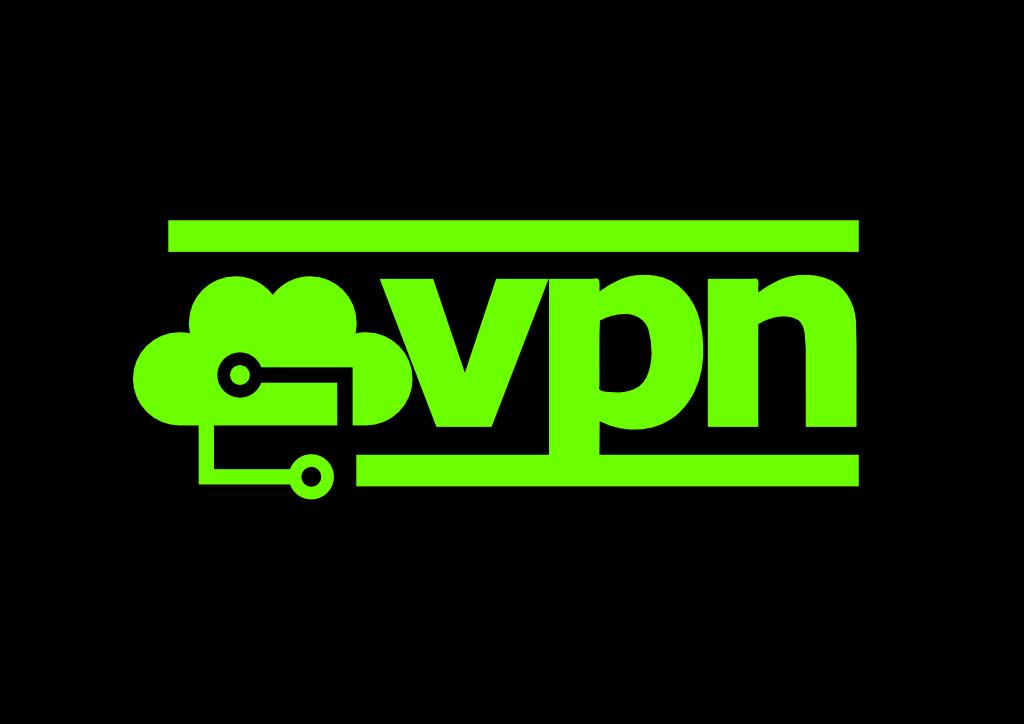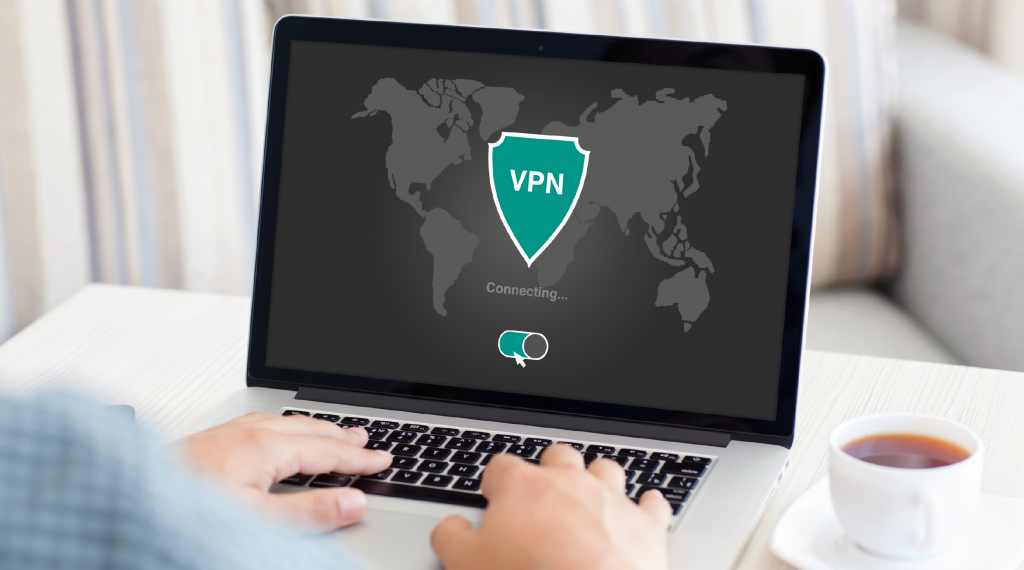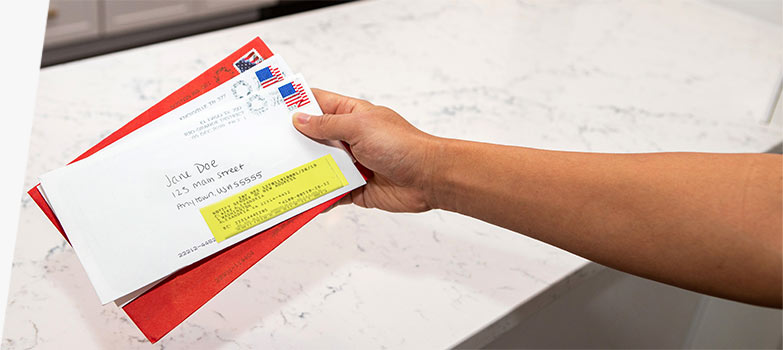Whether you’re working on a business trip or just trying to stay private online, VPNs are an essential part of any privacy-minded internet life. But what do they do different than other VPN providers? One of the best ways to find out is by reading a PrivadoVPN Review. Let’s take a closer look.
How to Choose the Right VPN for You.
A VPN is a virtual private network, which encrypts your traffic and hiding your location. This can protect you from hackers, online scammers, and other cyber threats.
How to Choose the Right VPN for Your Situation.
When it comes to choosing the right VPN for your situation, there are a few things you need to take into account. For example, if you’re concerned about government spying or tracking your activities, choose a VPN that doesn’t track or record your data. Additionally, make sure the VPN service you choose has a strict no logs policy – this means that their records of user activity are not kept by the company. Finally, be sure to check how much data each VPN service plans on storing and how long they will keep this data after they have finished with it.
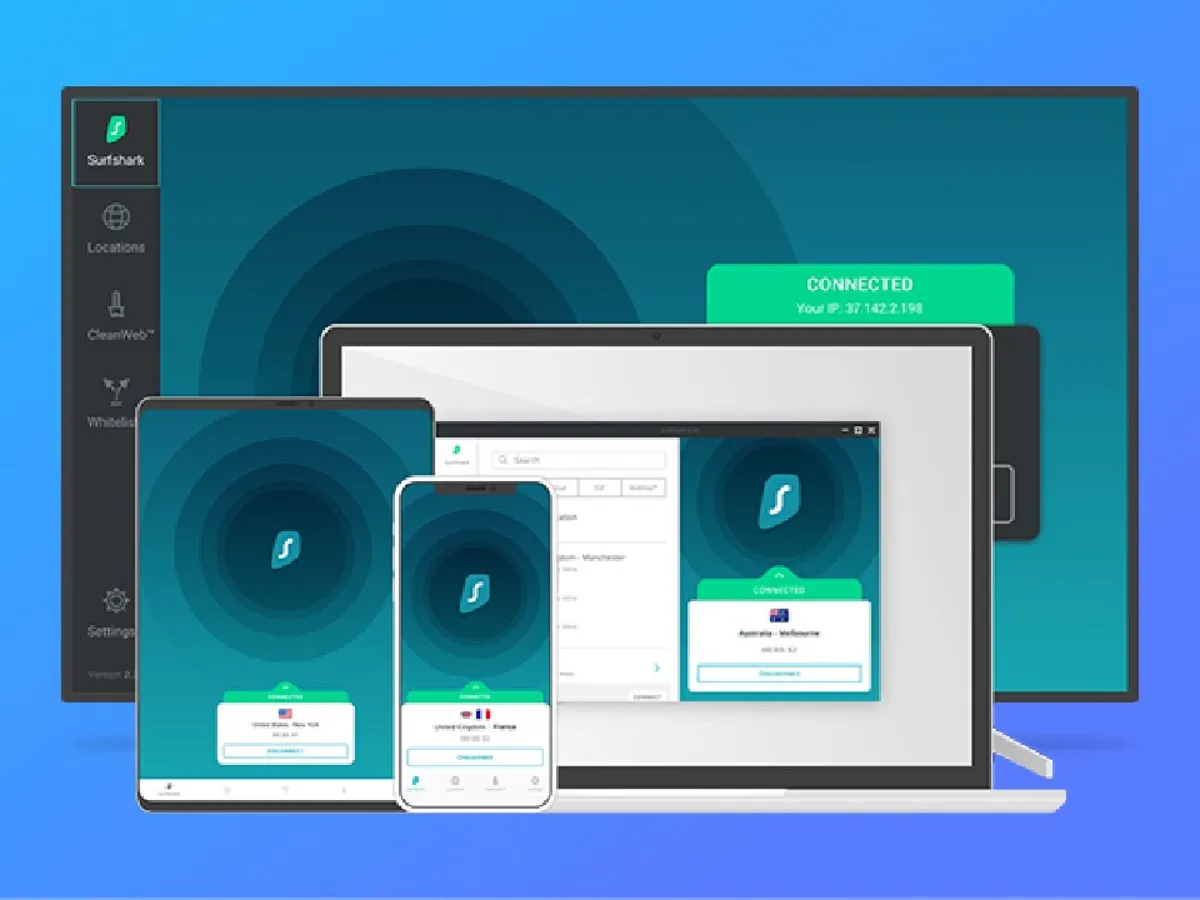
Section 2. How to use a VPN on Your PC or Laptop.How to Choose the RightVPN for YourPC or Laptop and Use It safely.How to Connect To A VPN On Your PC or Laptop using an Unknown IP Address
If you’re not comfortable using a known IP address when connecting to a VPN, then you should try using an unknown IP address instead. This will let you connect to the VPN without any issues but will prevent your computer from authenticating with the company’s servers automatically. You can do this by going into Network & Sharing Center and selecting “connect to Lan Party (or other nearby network) with an unknown hostname” as well as “connect anonymously (without revealing my true IP address).”
How to Protect Your Data.
The first step in protecting your data is choosing the right VPN for you. There are a wide variety of VPNs available, so it’s important to find one that will fit your needs and lifestyle. You can also use a VPN to protect your data when travelling, as many VPNs offer server locations in multiple countries.
Use a VPN to Protected Your Data.
Although you can protect your data while travelling by using a VPN, it’s also important to keep your data safe while you’re away from home. To do this, PasswordSafe recommends using a strong password and avoiding easily guessed passwords. Additionally, be sure to encrypt all of your files before leaving home – this will help protect against unauthorized access and theft of your data.
Keep Your Data Safe When travelling.
Once you have chosen the right VPN for you and protected your data while abroad, the next step is to keep your data safe when travelling. This means keeping all of your files encrypted and secure, personalising your login credentials with unique personal information (like an address or phone number), and using common security tips like using two-factor authentication or encrypting all communication when sending emails and text messages.
How to Use VPNs to Protect Your Data.
A VPN encrypts your traffic and sends it through a third party before it reaches your destination. This protects your data from being accessed or intercepted by websites or governments that can track your activities.

Protect Your Data When Online.
To protect your data when online, use a VPN to connect to different websites and services anonymously. This will help you stay safe while online and protect your personal information from being accessed or monitored by websites or governments.
Use a VPN to Protect Your Data at Home.
At home, use a VPN to protect your data from being accessed by family and friends who may want to access your personal information or see what you’re up to on the internet. By using a VPN, you can also keep yourself private when using public Wi-Fi networks or streaming content online.
choosing the right VPN is important for both personal and business purposes. In this guide, we’ll cover some of the most common reasons people choose VPNs, as well as how to protect your data when using them. We’ll also give you tips on how to use VPNs to protect your data at home and online. By following these simple steps, you can ensure that your data is always safe and secure.

